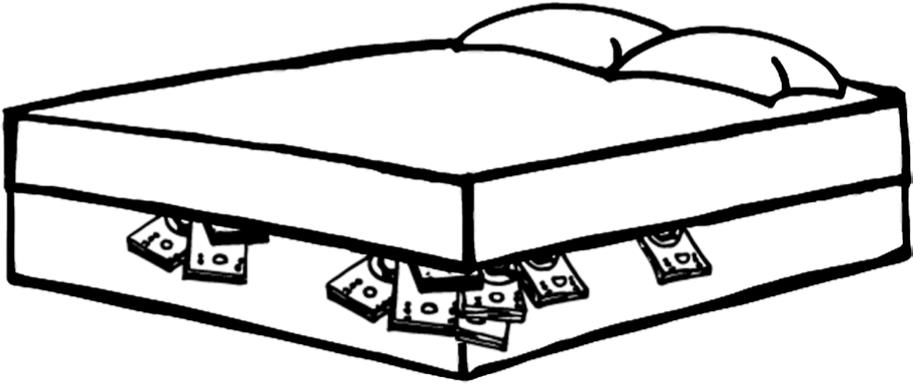What to Do If You Think You Might Be in a Bubble
I’ve founded, or cofounded, nine firms. The factor most strongly correlated to success or failure? When they were started. The successful firms were launched as we were coming out of recessions (1992 and 2009). People, real estate, and services are all much less expensive. My chief strategy officer at L2 joined us in 2009, and she has been the secret sauce of our success, as her offer from a consulting firm was delayed (see: recession), and my offer of $10 per hour was her best option. (Note: She makes substantially more now.)
Companies started in boom times (1998, 2006) struggled. The people our firms have been able to attract in boom times were mediocre, as great people were killing it elsewhere. In addition, cheap capital served as a hallucinogen for the viability of our products and services in the marketplace. Right now, stick with a big company that, if you’re good, believes you’ll leave for Squarespace if they don’t pay you well. If you’re a start-up (or any firm, for that matter), raise money as if you won’t be able to for a while. If you’re raising $1 million, raise $5 million. In general, you want to raise money when you don’t need to. Don’t go to business school (unless it’s NYU, of course). Business school has become the domain of the elite and the aimless, or a place to take refuge from a recession. If you’re doing well at a good firm during a boom time, stay put.
It remains to be seen how all this will play out, but if you suspect the crash is around the corner, here are some ideas.
Know When to Sell
In 2017, convinced we were on the precipice of a bubble popping, I sold. Or at least I sold assets I didn’t expect or want to own for at least ten years. If you’re young, your money in the market can survive gyrations (it’s difficult to time the market). But if you’re an entrepreneur or find yourself sitting on assets that represent a large portion of your wealth, I’m comfortable saying that while a bull market may not be the best time to sell, it’s most certainly not a bad time to sell. We sold L2 in 2017. I was confident about the firm’s prospects, but market dynamics trump individual performance. We were eight years into a bull market and due, even overdue, for a correction.
Despite well-publicized examples of people who made billions with extreme concentration of their wealth (think Bezos, Gates, and Zuckerberg), assume you will not be one of these people. Pursue one of the truisms of investing and accreting wealth: diversification. If you’re fortunate to have one asset, be it a stock or a house, run up so dramatically that it represents the vast majority of your wealth, get as much of that asset liquid as possible. If there is pressure not to sell, ask yourself if the people (board, investors, market, media) pressuring you are already rich, and if they are, ignore them. Most times when I’ve had a substantial run-up in one of my assets (usually stock in one of my companies) and not pursued liquidity, the market steps in and diversifies for me via a crash in the value of my company. You, not the market, should be the arbiter of diversification of your assets.
Cash
I’m 80 percent in cash, which most reasonable financial managers will tell you is stupid. Even if it’s stupid, it doesn’t get near the medals podium of stupid things I’ve done (like, at thirty-two, turning down $55 million for my first firm, which was doing $4 million in revenues; being 100 percent in tech stocks, etc.). So, there’s that. Every time the bubble popped, I wished I had dry powder and lots of it as the market became the anti-corollary to Snap—good companies at low valuations (Williams-Sonoma at $5 per share, Apple at $12, etc.). I’m willing to give up gains, as I so badly want to be on the right side of the street when the recession hits this time.

Smart financial advisers will tell you to always be in the market. I just can’t help it … mattress time.
Be Humble
It’s key, if you’re doing really well, to realize that much of it isn’t your fault—you’ve been swept up in a boom. This humility will result in your living within your means and will prepare you financially and psychologically for the next card you’re dealt. And when the next part of the cycle shows up—and it will—you can take solace knowing (again) it’s not your fault, and you aren’t the idiot the market might make you feel you are.